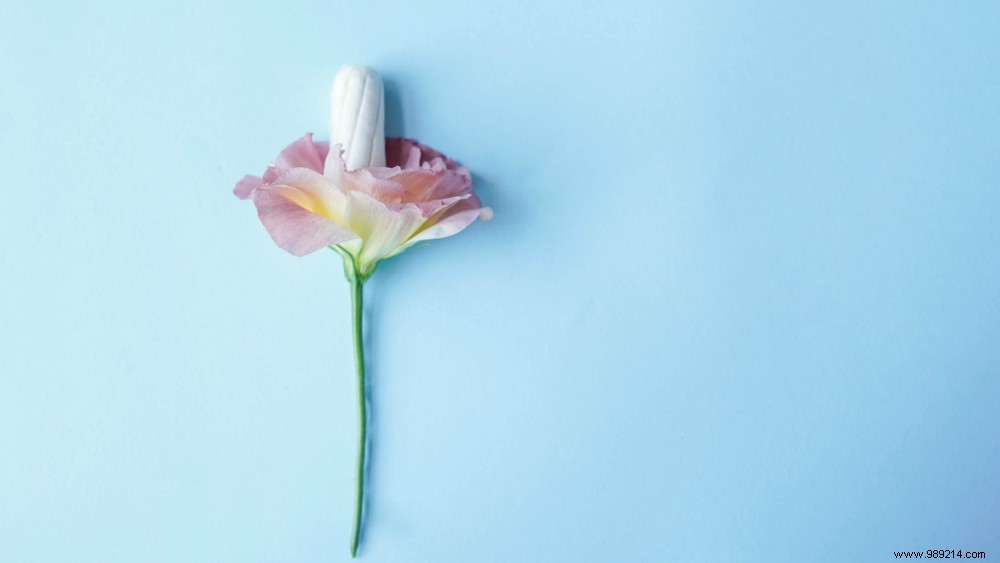
The monthly vicissitudes ensure that your mood can change from one moment to the next. So it is nice if you have a little insight into what your life looks like according to your cycle.
You have your period for about three to seven days, which varies per person. You can suffer from cramps, are tired faster than usual and often feel more like sweets.
Many women feel relieved because they are not feeling well the days before their period. This is a good stage to think about where you are in life. It can help to write down your feelings.
Because you can lose a lot of blood and water, it is good to eat foods rich in iron:stews, soups, beets, fish, miso, beans, blueberries and blackberries, kelp (seaweed) and kale.
Get your rest. Go for a walk instead of running and do a yoga class, but don't exert yourself too much.
The estrogen level in your body rises, giving you more energy. You feel vital and you feel like anything and everything. Parties can't last long enough for you this week.
This phase is perfect for starting new plans. You have good problem-solving skills and like to socialize.
Since your estrogen rises on its own during this phase, you don't need an estrogen food. Skip flaxseed or soy products, as they can cause headaches or mood swings. Eat lightly and choose salads, sauerkraut, oatmeal, barley, broccoli, beans, avocado and sprouts.
Sports is going great in this phase.
Your energy decreases somewhat and you may experience PMS symptoms, such as migraines, abdominal pain, cramps and mood swings. A swollen stomach and pimples are often present.
You've turned a little more inward. You would rather stay at home than go out and have a kind of nesting urge. An ideal time to put your administration in order, because you really see every mistake.
Choose foods rich in vitamin B, calcium, magnesium and fiber. Think brown rice, quinoa, apples, dates, pears, sweet potato, pumpkin and green leafy vegetables.
In the first half of week three you can simply exercise, because you are usually still energetic. In week four this may decrease a bit. You also retain a little more fluid, so that heavy training sessions can feel less pleasant.
Source:Santé January 2020, hormone therapist Francisca van den Berg